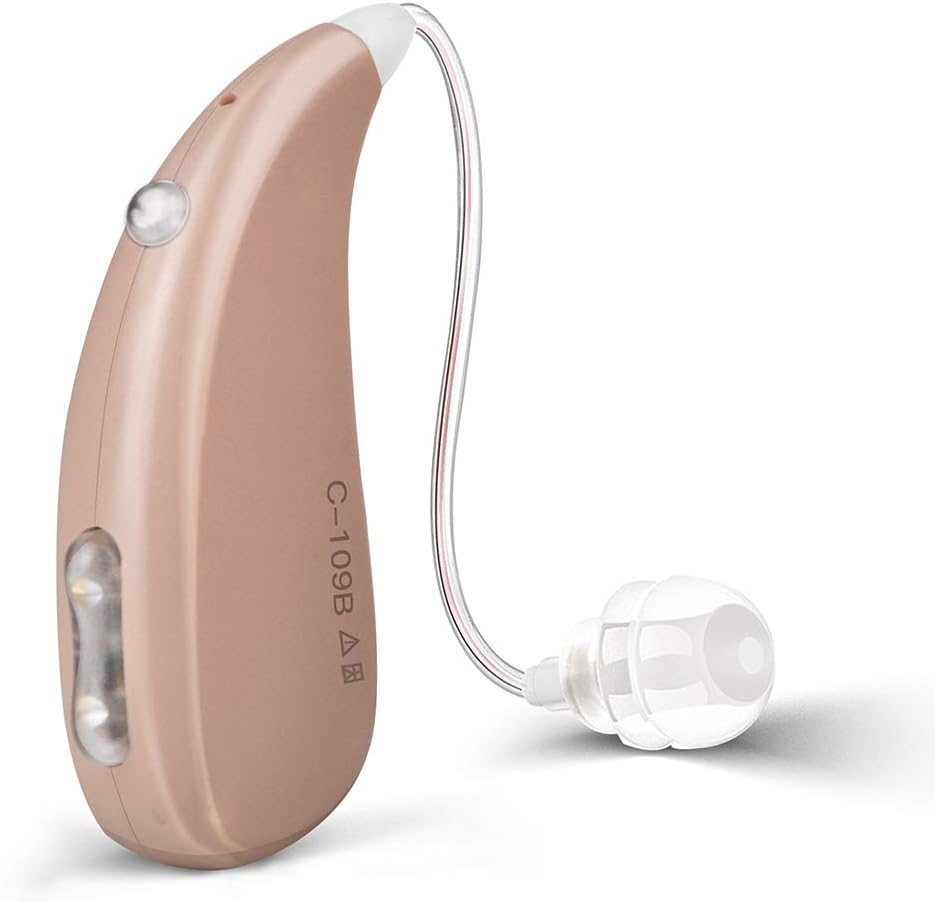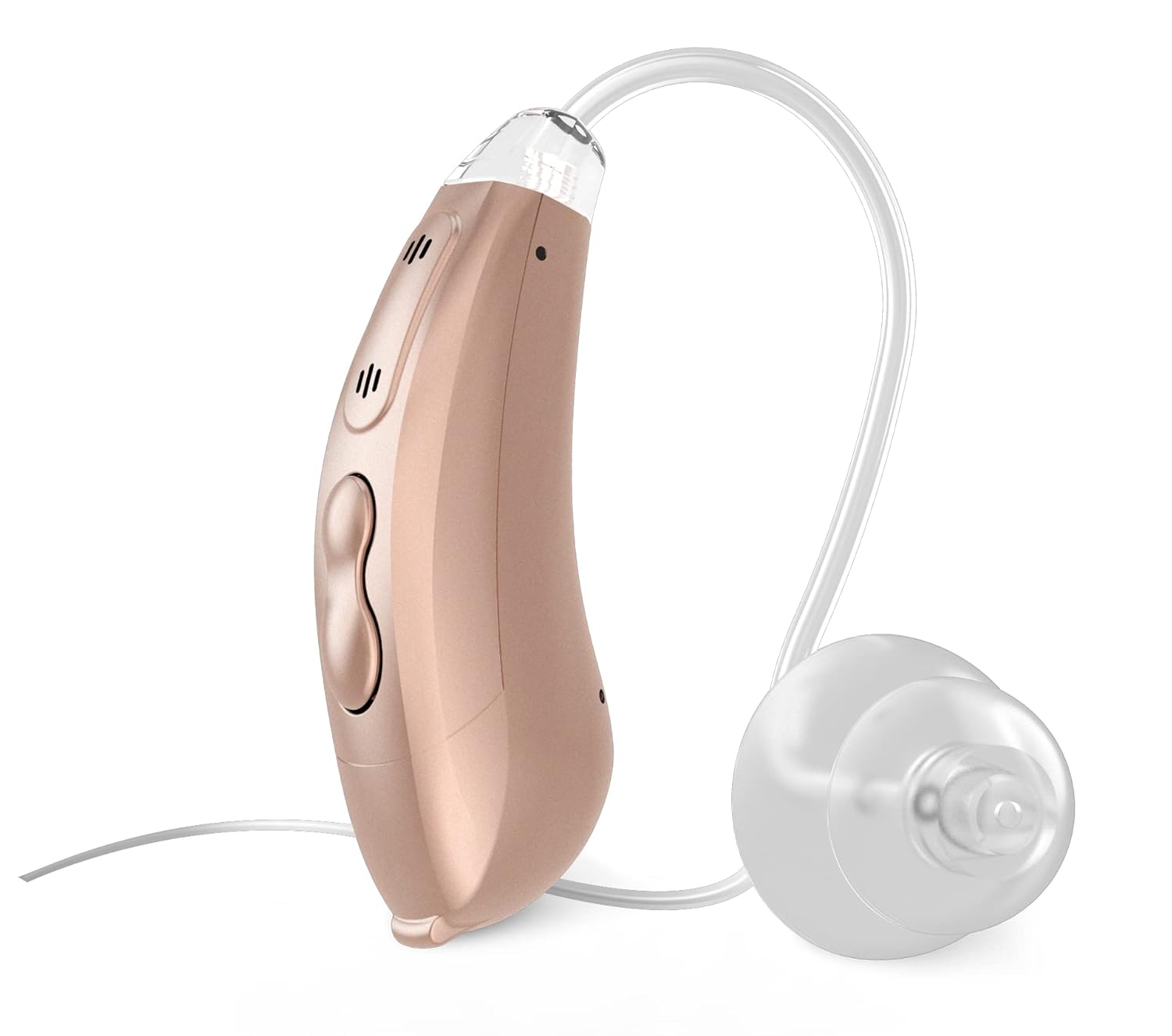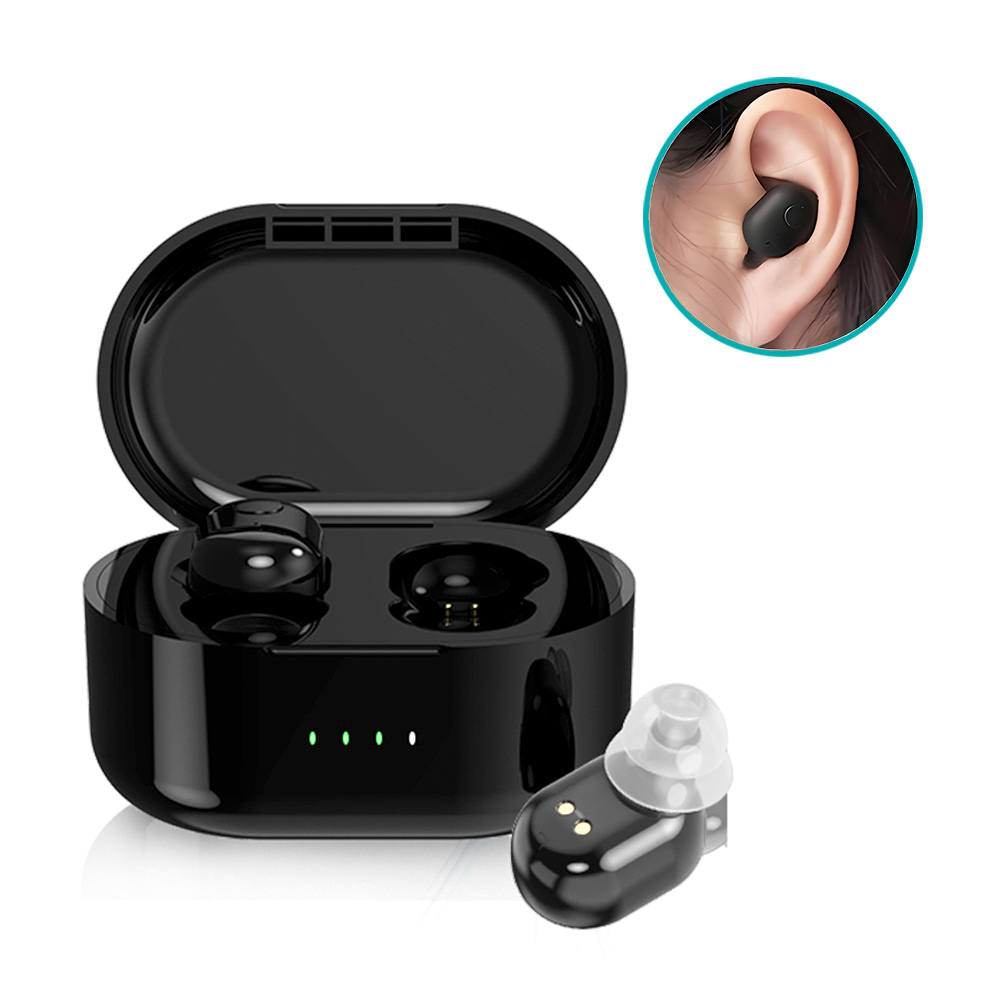July marks an important milestone: the 35th anniversary of the Americans with Disabilities Act (ADA), a law that changed millions of lives by ensuring people with disabilities are treated fairly at work, in public places, and in daily life.
If you live with hearing loss, the ADA matters more than you may realize. Whether you wear hearing aids, use an implant, or simply notice you’re asking people to repeat themselves more often, the ADA may give you legal protections that could help you interact with others more easily.
How the ADA Supports People with Hearing Loss
 The ADA includes specifications that protect individuals with hearing loss or who are d/Deaf. It protects your right to access services, communicate effectively, and fully participate in work and public life. Here are some of the ways it helps:
The ADA includes specifications that protect individuals with hearing loss or who are d/Deaf. It protects your right to access services, communicate effectively, and fully participate in work and public life. Here are some of the ways it helps:
- At work: If your employer has more than 15 employees, they are required to provide reasonable accommodations. That might mean using assistive listening devices, captioned phones, or video relay services.
- At public places: From airports and train stations to courthouses and city halls, public buildings must offer accommodations. This could include hearing loops, captioning displays, or staff trained to communicate clearly.
- At hospitals, schools, and libraries: These places must offer communication aids like sign language interpreters, captioning, or amplified devices when requested.
Note: The above list is not exhaustive and is not intended to serve as legal advice. If you have questions about your specific rights or situation, it’s best to consult with an ADA specialist or disability rights attorney.
Do You Qualify for ADA Protection?
You might qualify if your hearing loss limits your ability to perform everyday activities or if it ever has done so in the past. If you’re unsure, a hearing care professional can help assess whether your hearing loss meets this threshold.
How to Request Accommodations
If you think you need help under the ADA, here’s a simple way to start:
- Write a request to your employer, school, or service provider.
- Describe your hearing loss and how it affects your daily life.
- Cite the ADA and the title that applies to your situation (e.g., Title I for employment, Title II for public services, Title III for public accommodations).
- Request specific accommodations or ask what might be available.
- Include medical documentation if you have it (though this is not always required).
If your request is denied, you can file a complaint directly on the ADA website.
If you want to learn more about the ADA, you can find resources at https://adata.org/ and https://adaanniversary.org/
Take the First Step Today
Beyond legal protection, treating hearing loss is important for your well-being. Studies show that regularly utilizing hearing aids and implants can reduce the risk of social isolation and depression and can increase personal safety. Acting on hearing loss as soon as you notice a difficulty can help encourage connectivity, confidence, and independence.
If you're noticing changes in your hearing abilities, schedule a consultation with a hearing care professional. They can guide you on the best hearing solutions for your unique needs.
The above is the interpretation of Celebrating 35 Years of the ADA: What It Means for People with Hearing Loss provided by Chinese hearing aid supplier Shenrui Medical. Link https://www.sengdong.com/Blog/Celebrating-35-Years-of-the-ADA-What-It-Means-for-People-with-Hearing-Loss.html of this article is welcome to share and forward. For more hearing aid related information, please visit Blog or take a look at our Hearing aids products







